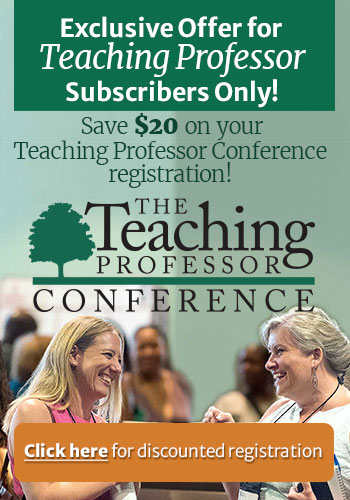
How Should I Study for the Exam?
It’s a question on every student’s mind, especially those just starting their college careers. Sometimes they ask other students, peers they know and can speak to without feeling foolish. Rarely do they ask the teacher, but they occasionally ask a tutor or other learning professional.












